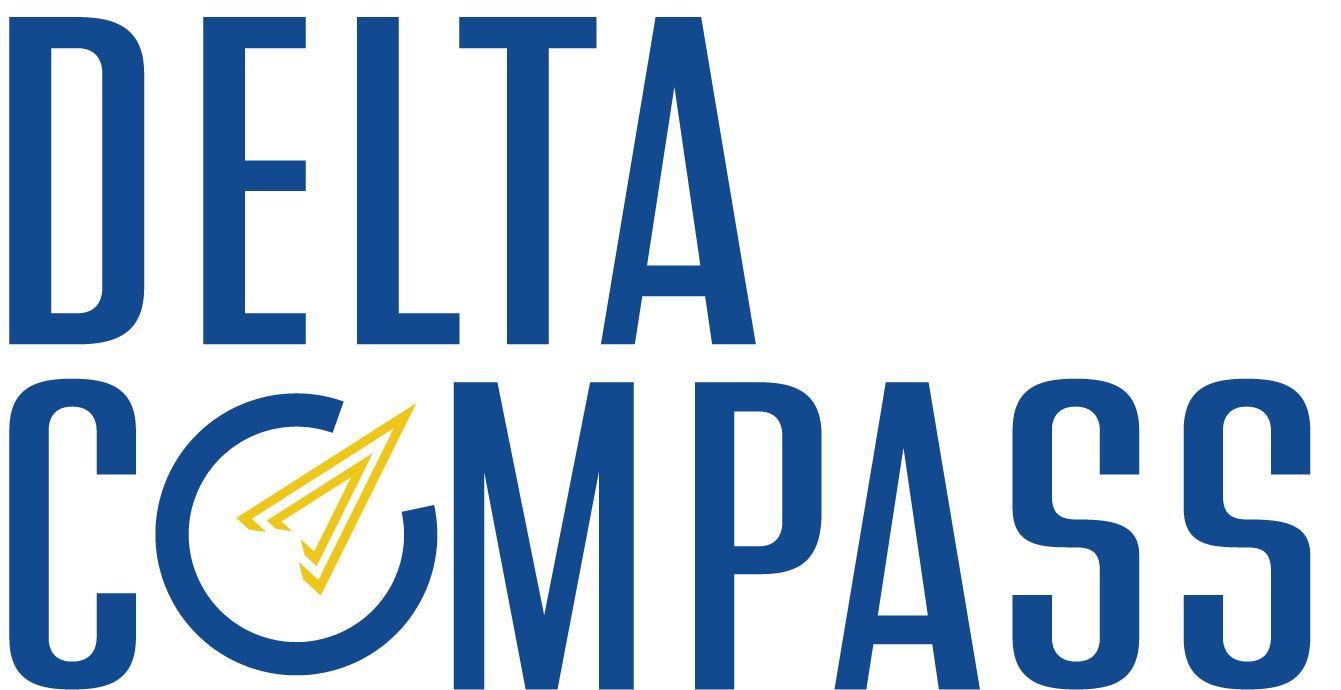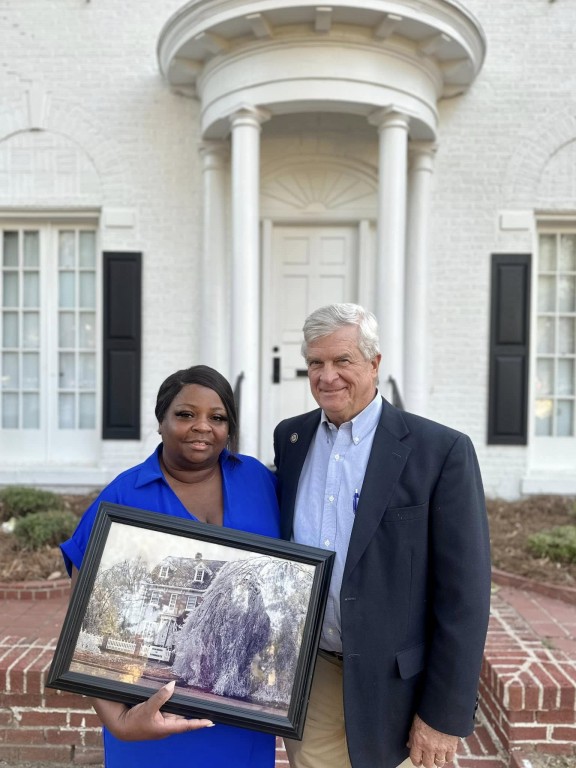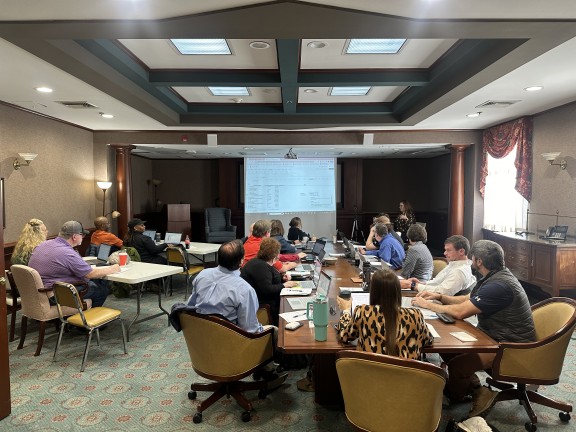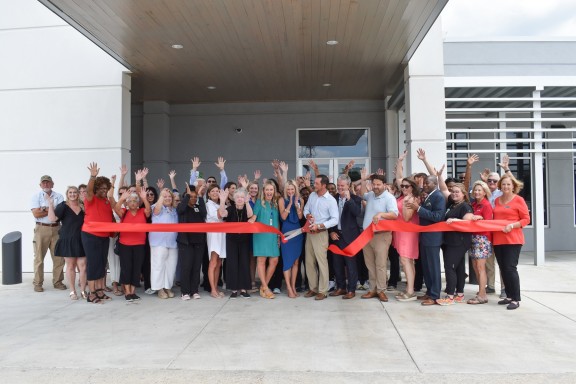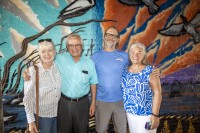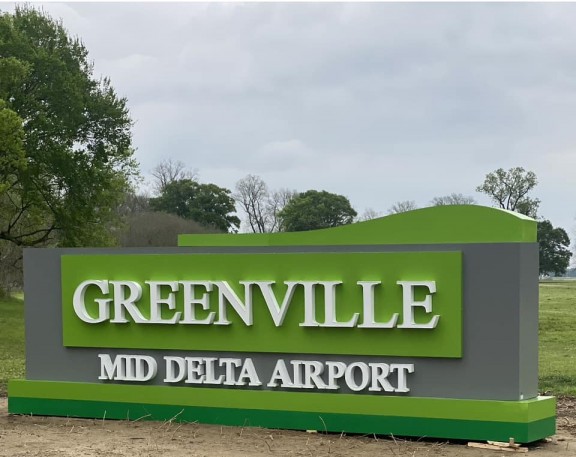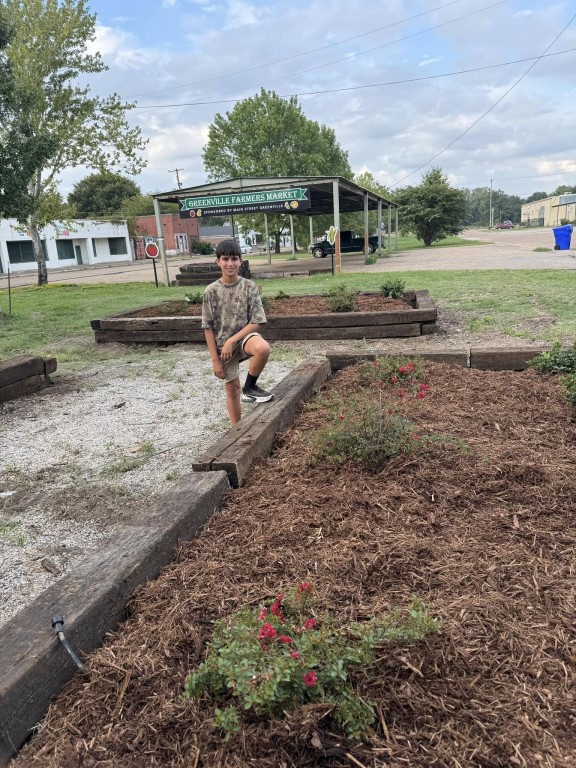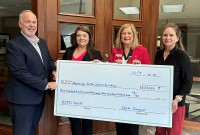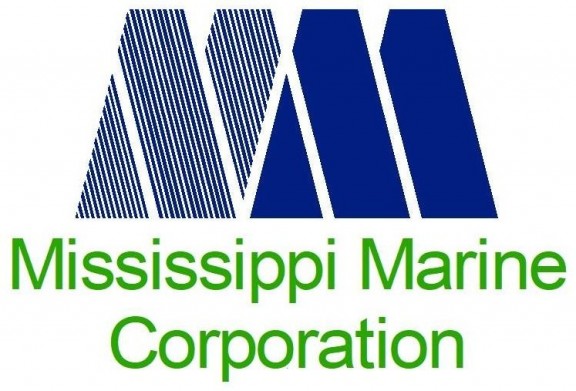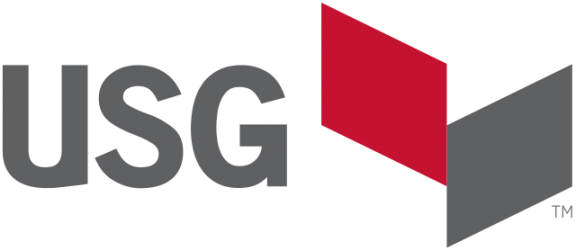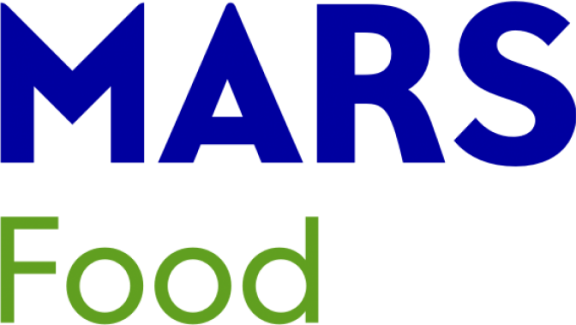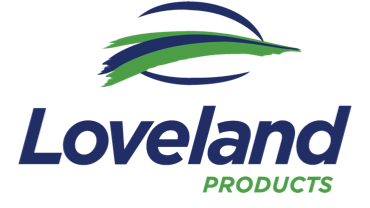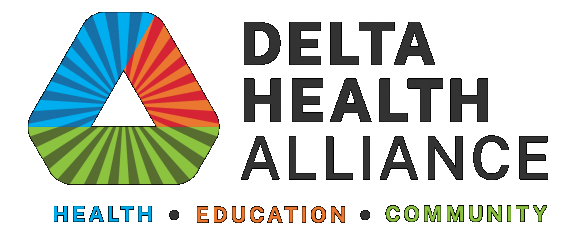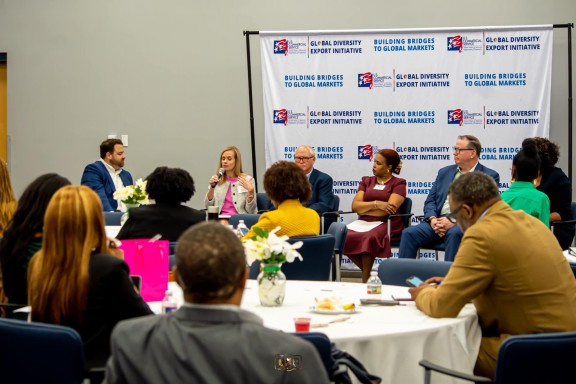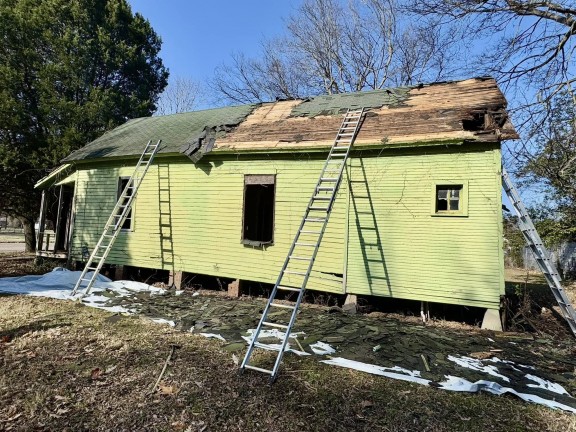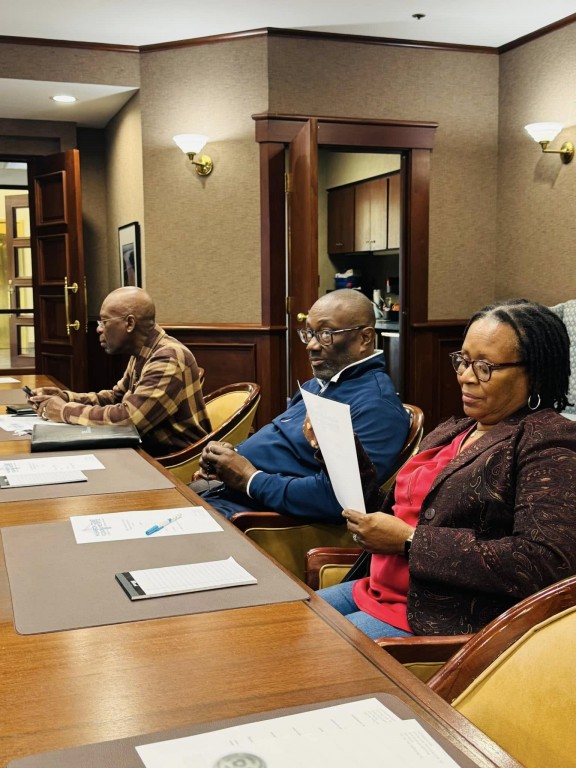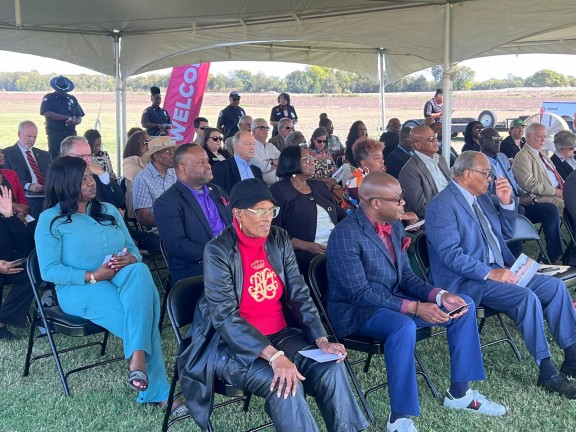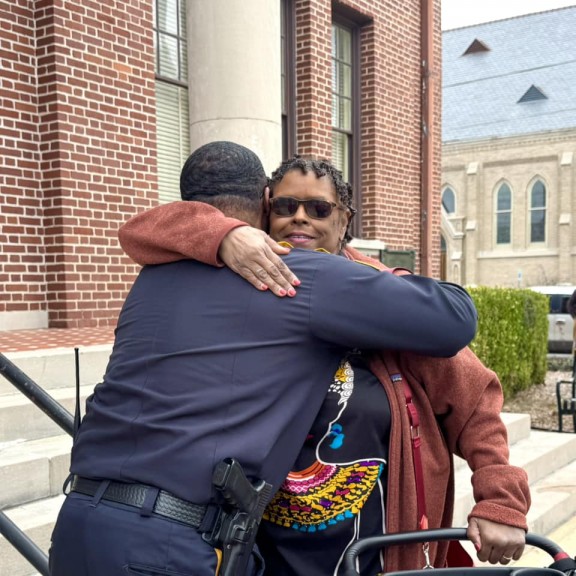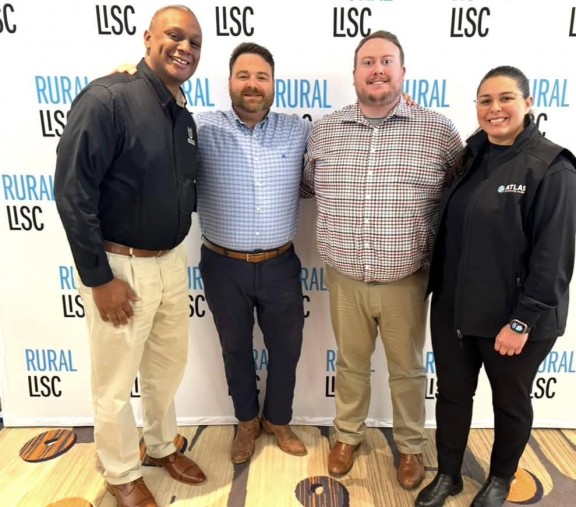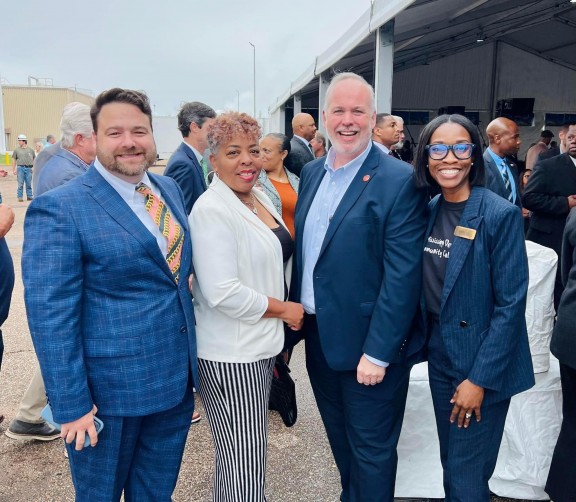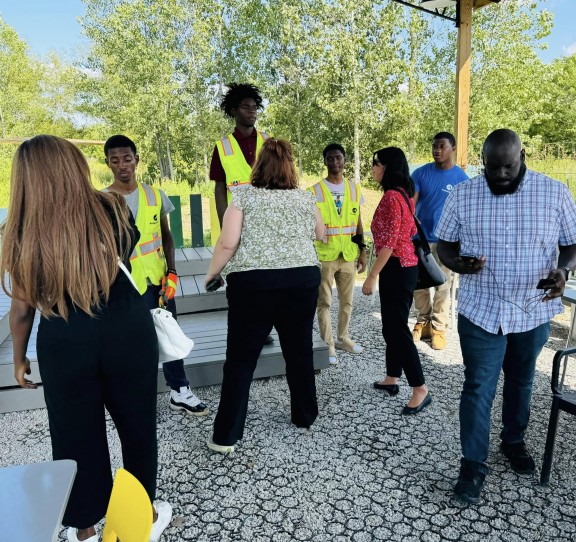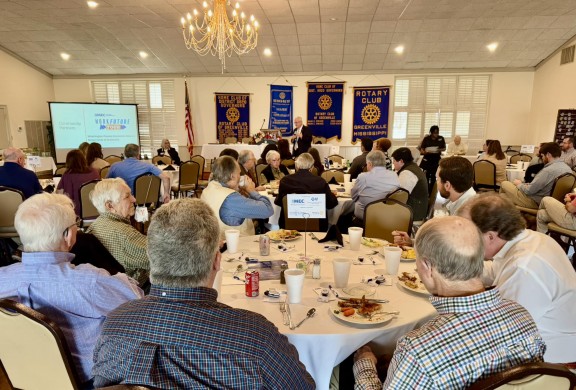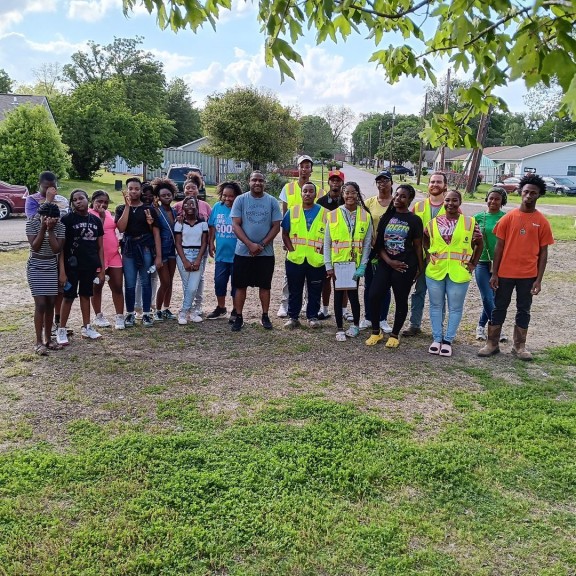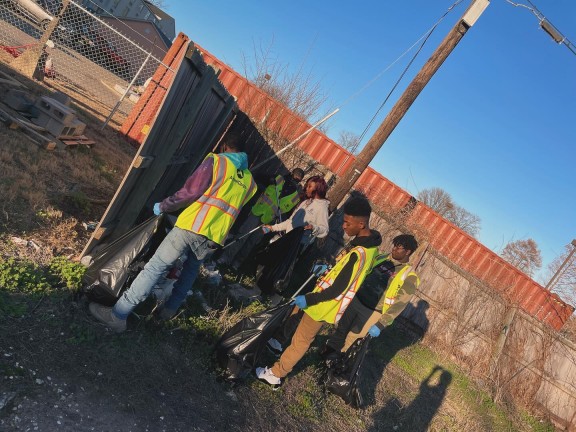Delta Compass is a new economic development and inclusion intermediary serving the Arkansas and Mississippi Delta. The first of its kind for the region, Delta Compass is setting a new strategic direction for the Delta. By aligning a network of local, regional, and national organizations, we work together to ensure the Mississippi River Delta collaborates towards economic and community prosperity by creating an inclusive economy, strong communities, and resilient people. Our mission is to ensure that the Mississippi River Delta is a viable 21st century economy by promoting the region as a best practice for work, play, and innovation.
Goal 1: Attract and retain industry around key Delta sectoral strategies: Agribusiness; Healthcare; Transportation, Distribution, & Logistics; Advanced Manufacturing; Aviation & Aerospace, Hotel, Retail, & Accommodation through Tourism; Energy; and Modern Technology.
Goal 2: Grow a skilled pool of job seekers that can readily fill industry needs and that can climb an incumbent worker ladder into the middle class.
Goal 3: Support the small business development ecosystem through capital access, direct technical assistance, marketing, and network connection.
Goal 4: Support and scale regional cultural tourism that promotes a higher quality of place in the Delta.
Goal 5: Foster learning opportunities and the growth of leadership capacity throughout the Mississippi River Delta.
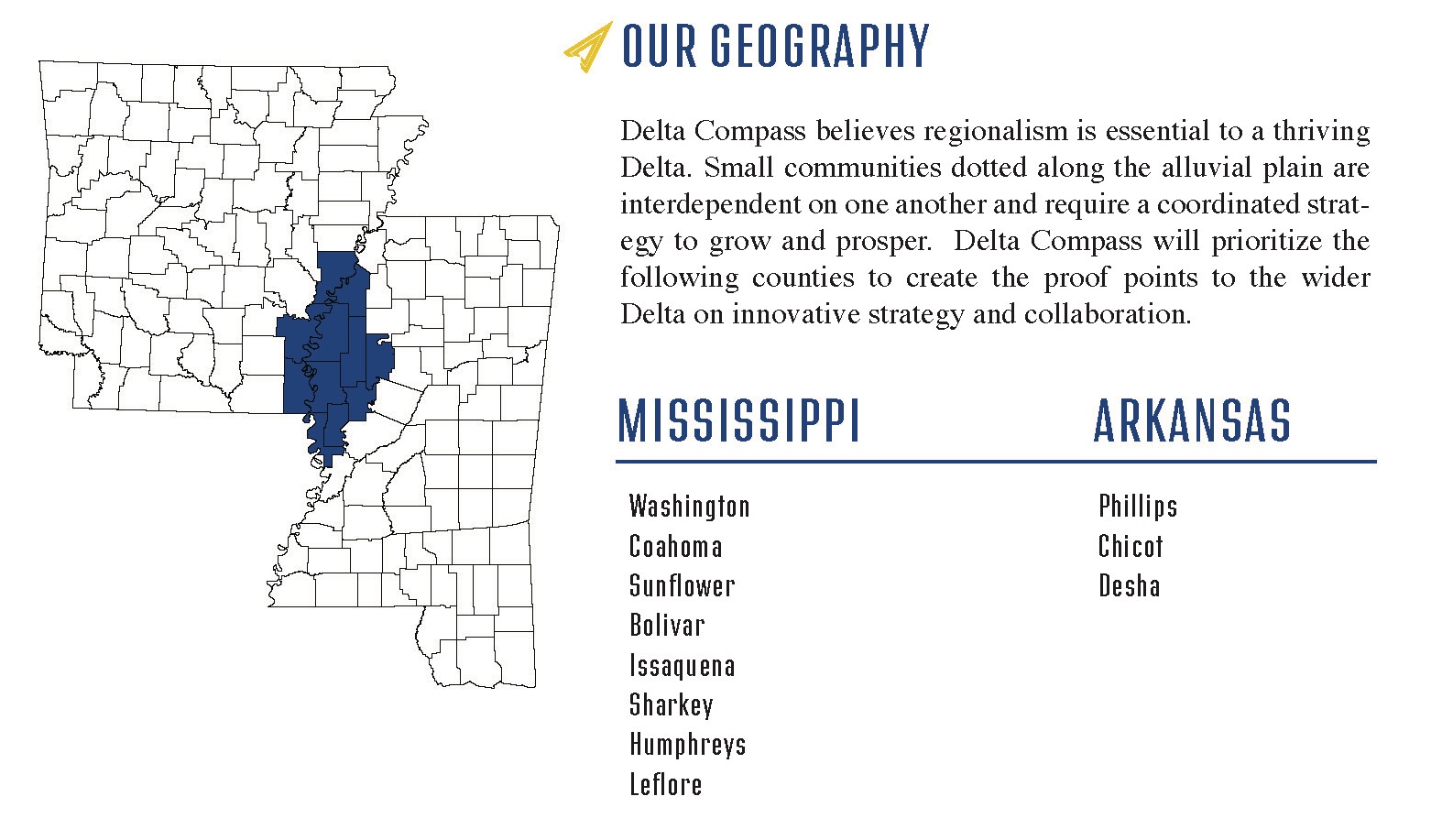

Delta Compass, at its heart, is a capacity builder. By working exclusively through Delta based nonprofits, we provide dedicated technical assistance on nonprofit development, county and municipality economic development, fiduciary capacity, project implementation, and reporting. We pipeline down resources from Private Philanthropy and Hill Facing Agencies to the Delta and pipeline up deliverables at scale.
Delta Compass differs from your traditional economic development nonprofits, innovation hubs, and technical assistance providers. This is because we support inclusive capitalism where our policy supports the creation of multiple forms of worker and businesses cooperatives, social enterprises, public ownership, and municipal enterprises. We structure locally rooted finance systems that direct money in service of the real economy through public and community banks, credit unions, targeted public investments, and new forms of community investment vehicles. We layer this approach with fair work, just land use property, and progressive procurement policies that catalyze place-based “anchor institutions” to re-localize economic activity, build local multipliers, end leakage, and end financial extraction from the Delta economy.
Small Business
Entrepreneurship
Delta Compass backs small business & entrepreneurship by a community of dedicated professionals at the academic and industrial level to attach to talent networks, research, innovation, and capital. Our programming includes capital readiness training, access to capital, localize procurement training (vendor systems), small business networking opportunities, research & development, community marketing, and global market access.
PLACE
MAKING
Delta Compass believes that community development comes from the ground up and is inclusive of community voice. We are a resource for Delta creatives to innovate, make, and share our cultural fabric with the globe. By doing so, we also increase the value and quality of our communities for the approximate 200,000 people who call the Delta home and the millions of individuals who visit our communities each year. Our specific program enhances housing, arts & culture, provides cohesion to economic development, provides leadership training, revitalizes Delta central business districts, provides parks and recreation development, and offers travel and tourism supports.
Workforce
DEVELOPMENT
Delta Compass operates at the systems level to rethink workforce structure which offers a mutual benefit to industry and labor. We support the public-private partnerships needed to meet the skilled labor demands of industry to provide quality jobs while also providing the direct skill training needed for labor to advance in gateway and incumbent worker career paths that lead to family sustaining wages and benefits. Programming includes industrial coalition building, industry clustering, technical assistance training, secondary/post-secondary supports, apprenticeship design & implementation, data collection & scaling supports, employability coaching, employer connections, and integrated service models.
economic
JUSTICE
Economic justice plays a vital role in shaping and guiding the future of the Delta Compass service area. We focus on implementing programs and opportunities that ensure fairness and equity in economic systems, policies, and outcomes, particularly for marginalized and underserved communities. By supporting inclusive economic opportunities, promoting equitable access to resources, and combating systemic inequalities through community-led planning and decision-making, we can create more resilient and balanced community environments.
community
safety
The Byrne Criminal Justice Innovation (BCJI) program is a federally funded initiative that supports community-driven strategies to improve public safety and address crime in high-crime neighborhoods. In Greenville, Mississippi, BCJI funding has been leveraged to enhance community safety through a variety of efforts. These initiatives focus on fostering collaboration between Greenville Police Department, Delta Compass, the Community Foundation of Washington County, and residents to address root causes of crime and improve quality of life.
capacity
building
Capacity building in the Mississippi and Arkansas Delta will empower communities, reduce poverty, and promote long-term prosperity while preserving the region's unique cultural and environmental heritage. Delta Compass is doing this through multiple avenues focusing on education and workforce, community leadership, BIPOC healthcare systems, infrastructure improvements, and promoting and restoring cultural assets, among others.
Delta Compass has been an Aspen Institute Forum for Community Solutions – Opportunity Youth since 2013. Through this affiliation, we have served over 600 opportunity youth with training and education. We were also the recipient of a data improvement grant through an Aspen Institute partnership with Rural LISC. President & CEO, Justin Archer Burch, also serves on the Aspen Institute -Community Strategies Steering Committee which advances an asset-based and systems-building approach to community and economic development. The foundation part of this work is the Thrive Rural Framework which is invested in the prosperity and wellbeing of rural communities and Native nations to take stock, target action, and gauge progress on the essential underlying building blocks for sustainable, equitable, and rural prosperity.
